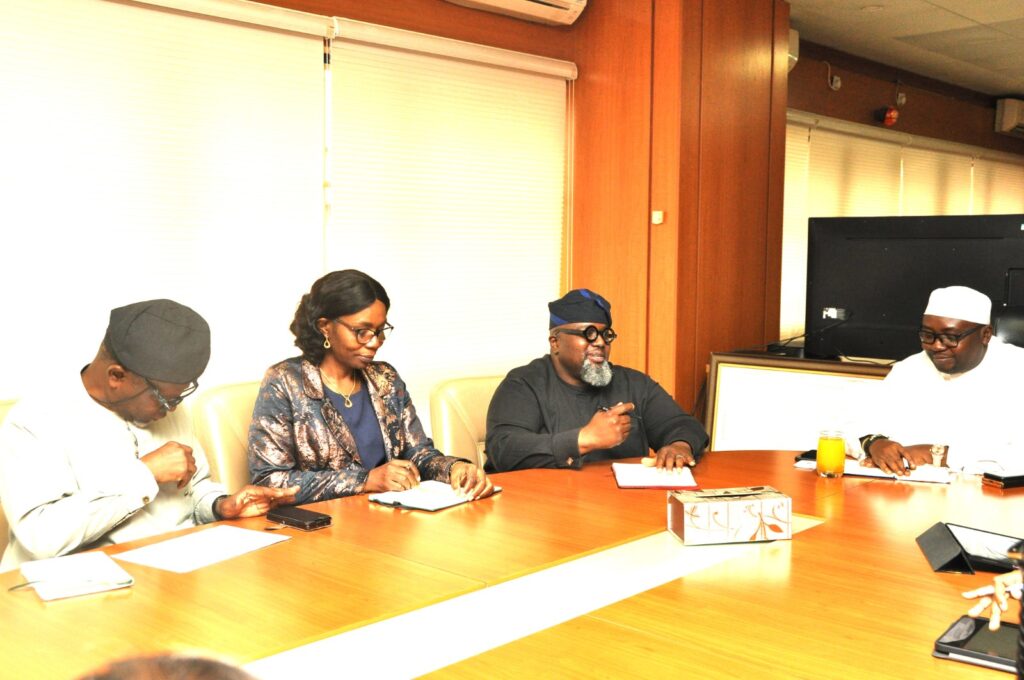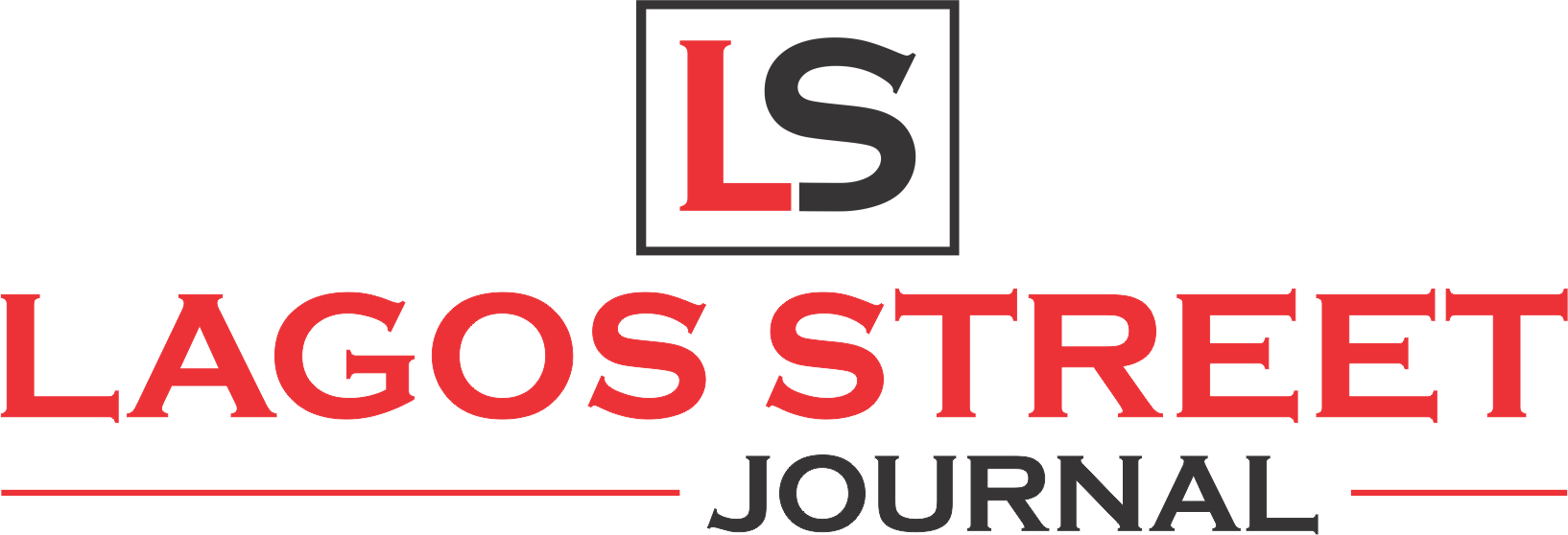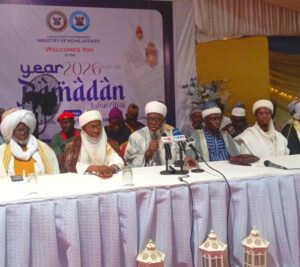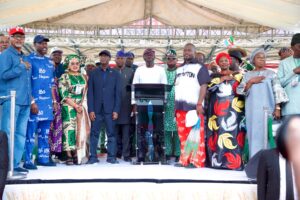Global Energy Alliance Commends FG Over Mission 300 Targets, Policy Reforms, Grid Expansion

— GEAPP pledges technical support for Nigeria’s clean energy goals
Favour Rotimi
The Global Energy Alliance for People and Planet (GEAPP) has commended the Federal Government of Nigeria for its strides toward achieving the Mission 300 target, which seeks to provide electricity access to 300 million Africans by 2030.
GEAPP’s African Director and Leader of Delegation, Labna Bhayani, gave the commendation during a visit to the Federal Ministry of Power in Abuja on Monday. She praised the government’s progress under the leadership of the Minister of Power, Chief Adebayo Adelabu, particularly in the areas of policy reforms, grid expansion, and off-grid energy initiatives.
“Our mission here is to get first-hand information on how you are progressing on the programme,” Bhayani said. “Even though we do not give loans like the World Bank or African Development Bank, as we are a philanthropic organization, we will provide assistance where necessary to help you deliver clean energy to your people. We are impressed with what we have heard from you — especially the progress in policy reforms and both grid and off-grid programmes.”
Bhayani announced that GEAPP would provide technical assistance to support Nigeria’s Mission 300 initiatives, especially in monitoring and tracking progress on energy access goals.
Earlier in his remarks, Chief Adelabu highlighted Nigeria’s ongoing efforts to meet the Mission 300 objectives, emphasizing the government’s commitment to using renewable energy to transform rural agriculture and small-scale businesses.
“The government is focusing on transforming the agricultural sector through the deployment of solar-powered irrigation systems for farmers across Nigeria,” Adelabu said. “This forms part of our strategy to provide energy access to 300 million Africans by 2030.”
The Minister explained that Nigeria, as a signatory to the Mission 300 Compact in Dar es Salaam, Tanzania, earlier this year, had already presented its National Energy Compact outlining its plans to revolutionize rural electrification through non-grid solar energy solutions.
Adelabu urged development partners to strengthen collaboration by offering technical support, particularly in tracking and evaluating progress.
“We need technical assistance to monitor and track implementation nationwide,” he noted. “That way, we can measure our achievements through reliable data collection. Though progress has been made, there are still gaps to fill. We must ensure full implementation beyond rhetoric.”
Detailing the government’s rural energy strategy, the Minister said thousands of solar-powered pumps would be deployed to enhance irrigation for smallholder farmers, while solar storage facilities would be established to preserve agricultural produce and reduce post-harvest losses.
He added that similar initiatives would extend to small-scale rural businesses, including patent medicine stores and local processing enterprises, to increase productivity and promote clean energy adoption.
Adelabu also outlined other government efforts to expand energy access through various programmes:
Partnership with the Ministry of Finance to mobilize resources for energy projects.
Secured funding from India to support energy access in rural primary healthcare facilities.
Expansion of the national grid through the Presidential Power Initiative (PPI), which has added 700 megawatts to the grid, with the Siemens Phase One project expected to deliver an additional 7,000 megawatts.
Ongoing reforms to achieve cost-reflective tariffs and eliminate estimated billing, with an accelerated metering initiative for transparency and consumer protection.
“We are enhancing grid extension and expansion, while also working to ensure Nigerians get fair value for the power they consume,” Adelabu said. “Our efforts are geared toward ensuring that access to clean, reliable electricity drives productivity, especially in rural communities.”
The Global Energy Alliance’s commitment, according to Bhayani, reflects the organization’s belief in Nigeria’s leadership role in Africa’s clean energy transition and its potential to set the pace for sustainable development across the continent.
With the pledge of technical collaboration from GEAPP, Nigeria’s Mission 300 journey receives another boost as the government intensifies its push toward universal energy access by the end of the decade.






